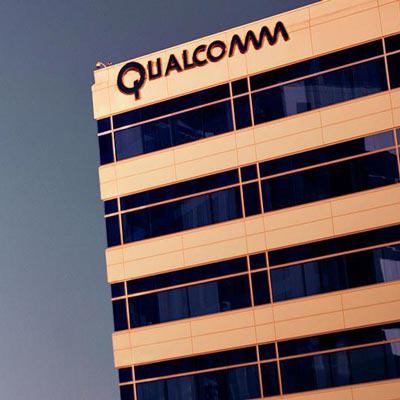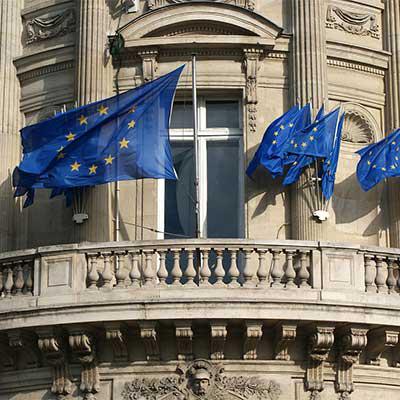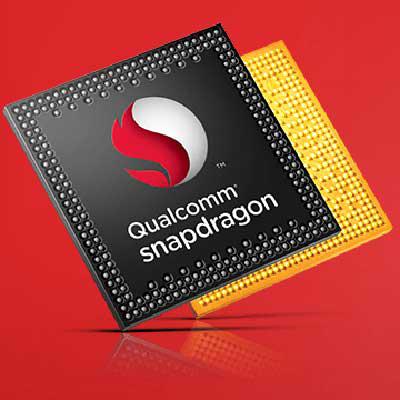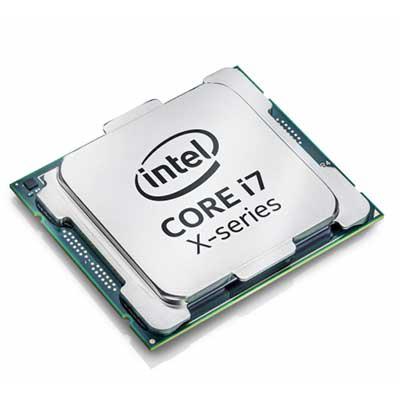5 Things To Know About The European Commission's Ruling Against Qualcomm

Trouble For Qualcomm
Matters are only getting more complicated for chip maker Qualcomm, which is already in the midst of several lawsuits with Apple along with a hostile takeover bid by Broadcom. Now, the European Union's antitrust regulator, the European Commission, has brought a $1.23 billion fine against Qualcomm for alleged "abuse of dominant market position." The case revolves around an exclusivity deal that the European Commission alleges Qualcomm "illegally" reached with Apple to ensure that Apple would only buy LTE chips from Qualcomm rather than from rivals such as Intel. What follows are five key things to know about the case.

What The European Commission Contends
Qualcomm, according to the European Commission, "illegally shut out rivals from the market for LTE baseband chipsets for over five years, thereby cementing its market dominance."
"Qualcomm paid billions of US Dollars to a key customer, Apple, so that it would not buy from rivals," the commission said in its news release.
Apple has long relied on Qualcomm for LTE baseband chipsets -- which enable the connection to cellular networks -- in its iPhones and LTE-enabled iPads.
The payments by Qualcomm to Apple "were not just reductions in price – they were made on the condition that Apple would exclusively use Qualcomm's baseband chipsets in all its iPhones and iPads," the European Commission wrote.

'Abuse Of Market Dominance'
Qualcomm's actions "meant that no rival could effectively challenge Qualcomm in this market, no matter how good their products were," the European Commission said in its news release. As a result, consumers were denied "more choice and innovation -- and this in a sector with a huge demand and potential for innovative technologies," it said.
The agreement is "illegal under EU antitrust rules," the European Commission said. Qualcomm held a 90 percent share in the LTE baseband chipset market between 2011 and 2016 -- the time period in question in the case -- and Qualcomm "has abused this market dominance by preventing rivals from competing in the market," the European Commission said.
"Based on a variety of qualitative and quantitative evidence, the Commission found that both consumers and competition have suffered as a result of Qualcomm's conduct," the European Commission said.

Payments To Apple
The alleged exclusivity deal dates back to 2011, when Qualcomm is alleged of having agreed to make "significant payments" to Apple in exchange for solely using Qualcomm LTE chipsets in the iPhone and iPad. The deal was renewed in 2013 to extend through 2016, according to the European Commission. All in all, Qualcomm paid billions of dollars to Apple, the European Commission said.
The deal stated that Qualcomm would stop the payments in the event that Apple launched a device with another vendor's LTE chips, the European Commission said. And "for most of the time the agreement was in place, Apple would have had to return to Qualcomm a large part of the payments it had received in the past, if it decided to switch suppliers," the European Commission said.
Notably, Apple accounts for approximately one-third of all demand for LTE chipsets, according to the European Commission. "By making sure that rivals had no chance to compete for any of Apple's important business, Qualcomm's conduct had an effect on the LTE baseband chipset market as a whole," the European Commission wrote.

Qualcomm Vs. Intel
While Qualcomm is by far the largest producer of LTE baseband chips, Intel has sought to become a larger player in the market. "In fact, internal documents show that Apple gave serious consideration to switching part of its baseband chipset requirements to Intel," the European Commission wrote. The alleged exclusivity deal with Qualcomm "was a material factor why Apple decided against doing so, until the agreement came to an end," the European Commission said.
Apple began sourcing some of its LTE chipsets from Intel starting in September 2016, when the alleged exclusivity agreement with Qualcomm was about to expire "and the cost of switching under its terms was limited," the European Commission said.

Qualcomm's Response
In a statement responding to the European Commission fine, Qualcomm is portraying the case as involving "the pricing of modem chips" rather than a case of payments for exclusivity. "Qualcomm strongly disagrees with the decision and will immediately appeal it to the General Court of the European Union," the company said in its news release.
"We are confident this agreement did not violate EU competition rules or adversely affect market competition or European consumers. We have a strong case for judicial review and we will immediately commence that process," said Don Rosenberg, Qualcomm's general counsel, in the news release.
Apple will face no repercussions in the case, according to a European Commission official who spoke during a press conference Wednesday. Apple did not immediately respond to a request for comment. The fine comes one year after Apple filed a lawsuit against Qualcomm, alleging the chip manufacturer demanded "onerous, unreasonable and costly" terms for licensing its patents. That case is still ongoing, and has been followed by additional lawsuits by Apple against Qualcomm as well as countersuits by Qualcomm against Apple.